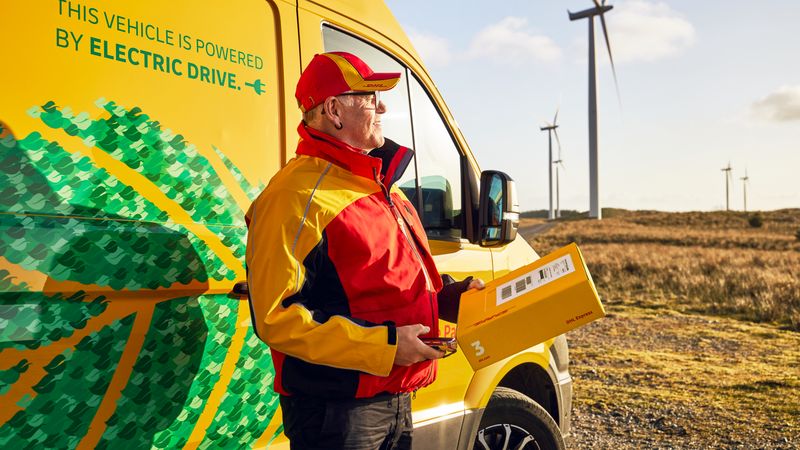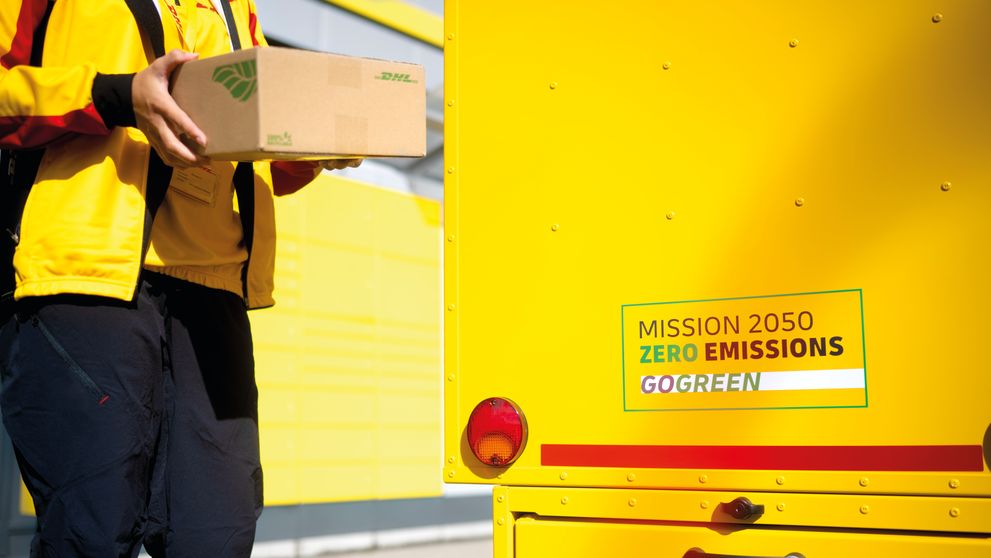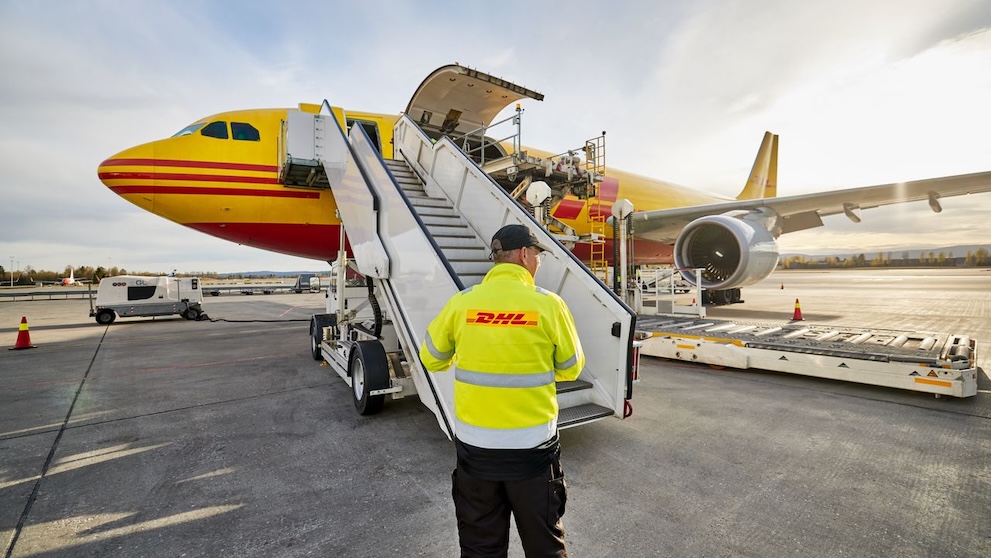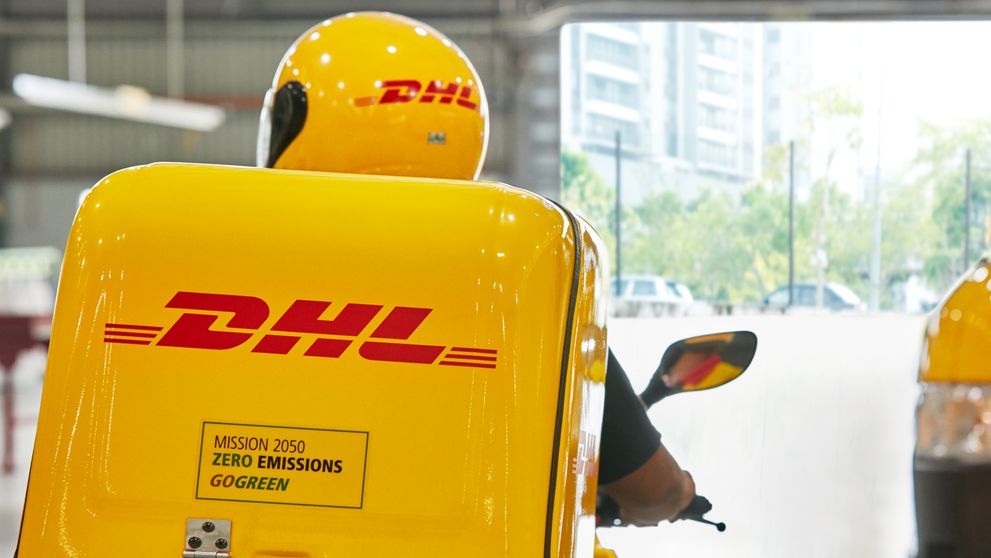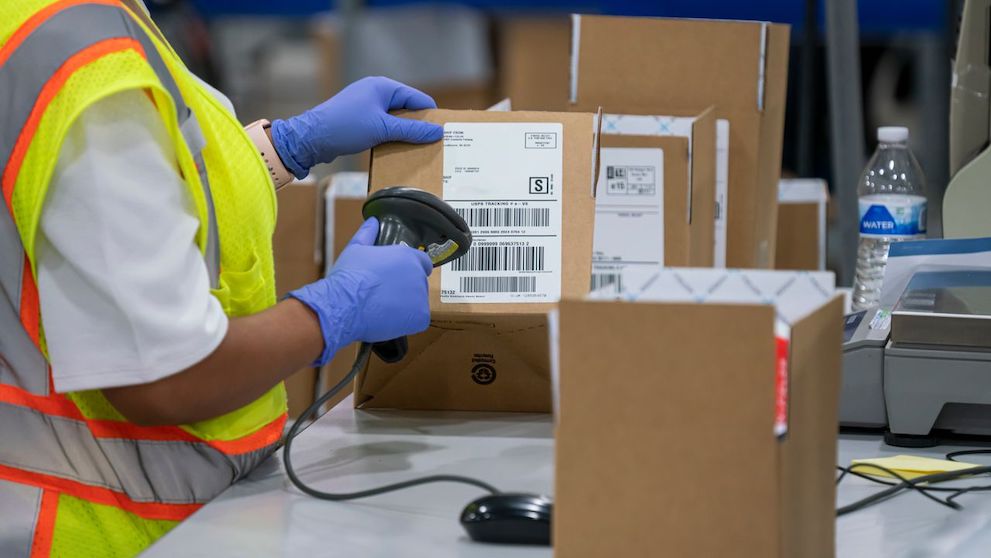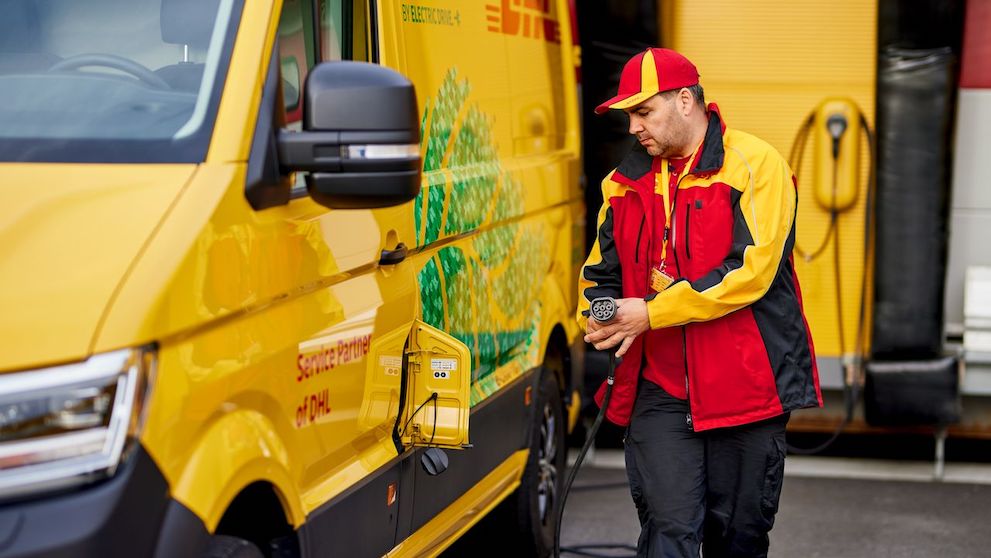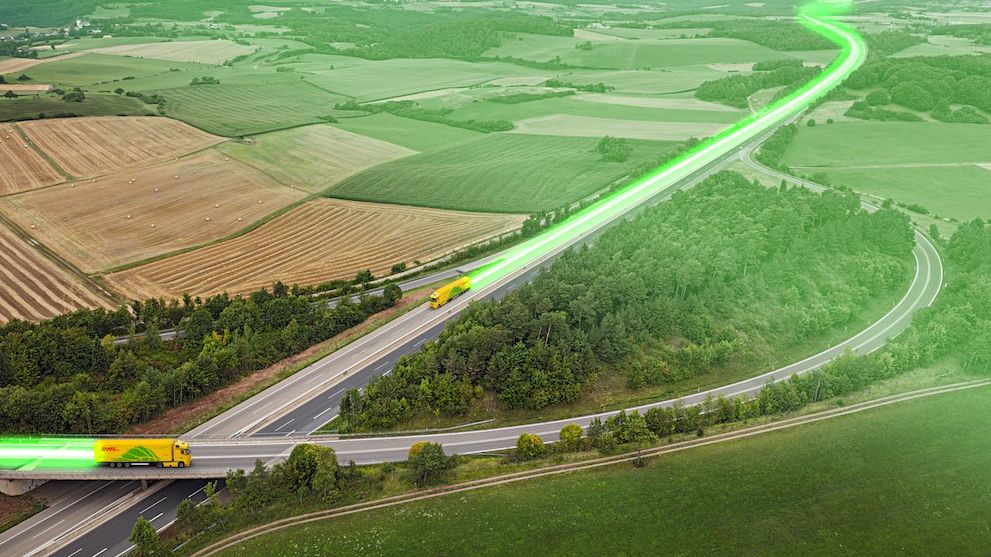In the past, e-commerce and environmental sustainability were often viewed as incompatible. Business models of many e-commerce brands prioritise revenue generation and consumer satisfaction, while sustainability emphasises environmental considerations and fosters a conscious consumer mindset. However, these seemingly contrasting concepts have demonstrated a mutually beneficial relationship in recent years since both aim to enhance business efficiency whilst achieving common sustainability goals.
With the global use of plastic packaging in e-commerce expected to exceed 4.5 billion pounds by 2025, as predicted by Statista, the corresponding rise in plastic waste is becoming a growing concern. This trend has prompted businesses to take action, especially as environmentally conscious online consumers become increasingly aware of the issue of overpackaging.
The effects of sustainability and green consumerism on the e-commerce industry
As Indonesia's e-commerce industry experiences unprecedented growth, it faces significant environmental impact. According to the 2022 Sustainability Trend Report, stakeholders, including consumers, are pressuring companies to address high-profile supply chain issues such as deforestation and human rights.
The recent protests and investor dissatisfaction faced by Procter & Gamble (P&G) serve as a stark example of the growing importance of sustainable sourcing and supply chain management practices. Various stakeholders, including the Indigenous Indonesian community, United States organisations, descendants of the founders of P&G, and Cincinnati residents, have called out the company for its failure to address the issue of irresponsible wood pulp and palm oil supply chains.
To avoid embarking on the same path as P&G, e-commerce businesses should expand their focus on sustainable sourcing and supply chain management. This includes incorporating concerns such as just and fair procurement, as well as reducing wastage along your supply chain. By adopting such practices, e-commerce businesses in Indonesia can meet the demands of eco-conscious consumers and contribute to building a more sustainable future.
1. Sustainable packaging
The product packaging is often the first point of contact with consumers, presenting a prime opportunity for brands to stand out with unique designs. However, with eco-conscious consumers frowning upon traditional plastic packaging, e-commerce businesses are urged to invest in sustainable alternatives while exploring novel designs.
There are several sustainable packaging options that e-commerce businesses can consider, such as cornstarch packaging, corrugated bubble wrap, recycled content air pillows, biodegradable glassine packaging, mushroom packaging, green cell foam, kraft paper, and cellulose packaging.
In addition to using sustainable materials, e-commerce businesses can optimise their packaging waste management by adhering to the principles of the 3Rs – "Reduce, Reuse, and Recycle." Adopting renewable or biodegradable packaging materials and minimising packaging waste has become a standard for brands that wish to appeal to eco-conscious consumers. Such practices can also contribute to carbon offset and increase customer brand loyalty.
2. Improving and streamlining manufacturing processes
Streamlining and improving manufacturing processes can significantly contribute to sustainability efforts, especially for e-commerce businesses. By optimising production processes, e-commerce companies can reduce their environmental impact by using fewer resources and moving towards zero waste. This can be achieved by implementing energy-efficient technologies, reducing water consumption, and adopting sustainable production practices.
Moreover, streamlining production processes can lead to cost savings for e-commerce businesses. This can then be reinvested in sustainability initiatives such as adopting renewable energy sources or using environmentally-friendly materials.


